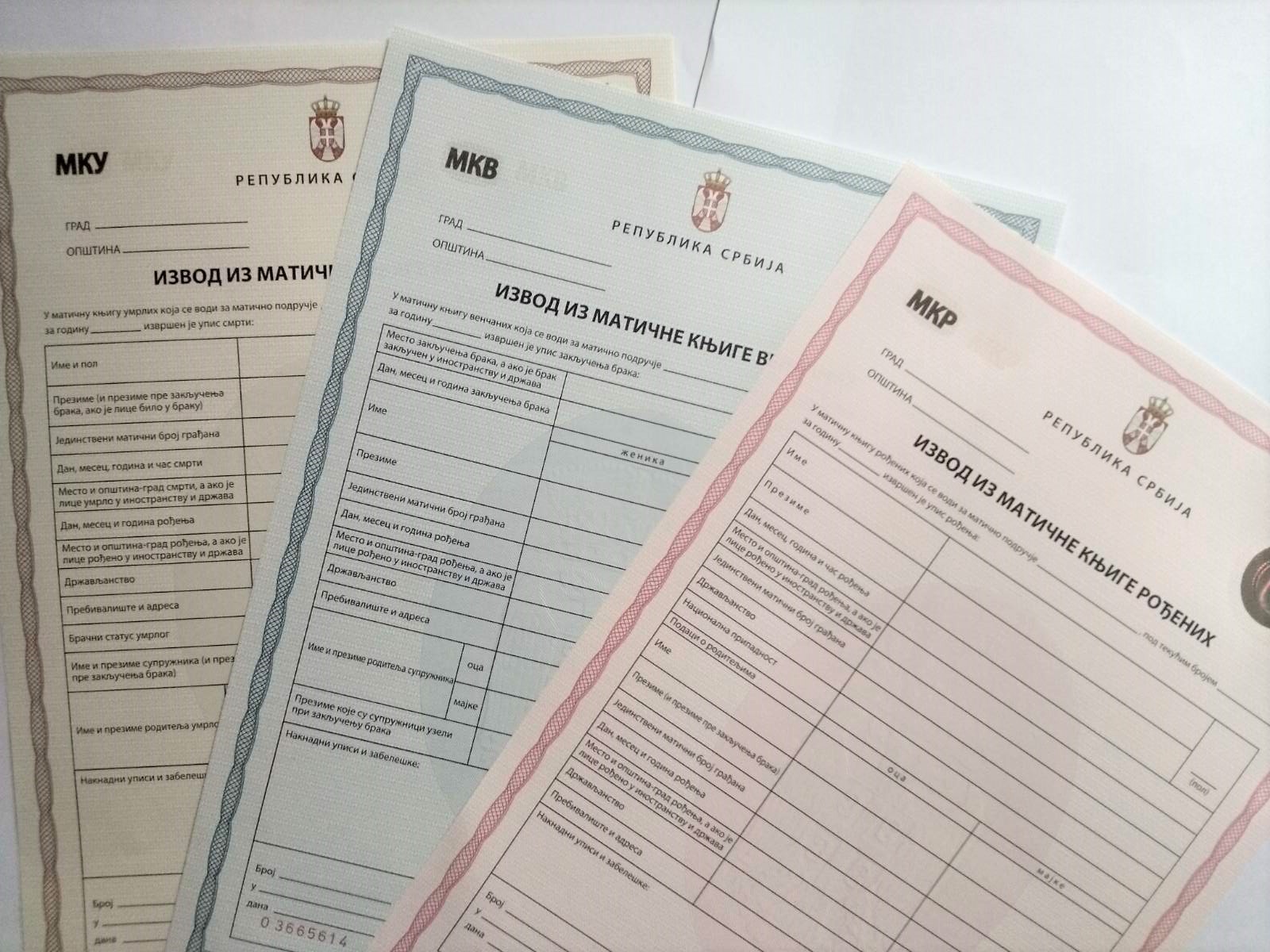
In Serbia, all conditions are provided for the smooth exercise of the right to registration in the birth register, while solutions to the problems of legally invisible persons that have been applied have been recognized as a model of good practice in the countries of the region and beyond.
The appearance of statelessness in Serbia mostly affects the Roma, Ashkali and Egyptian national minorities, as well as internally displaced persons from Kosovo and Metohija. The Ministry of Public Administration and Local Self-Government, within its competence in the field of registry books, has been implementing activities that systematically regulate these issues for many years, with the active support of UNHCR and in cooperation with the Protector of Citizens and other relevant institutions and the non-governmental sector.
It is possible to freely exercise the right to entry into a birth register, as this right is the basis for exercising not only rights in terms of personal status, but also all other social, economic, cultural and political rights of the aforementioned persons.
Presently there are mechanisms in place in Serbia that allow every person who is not registered in the birth register to exercise that right in accordance with the Law on Registry Books or through a procedure for determining one’s time and place of birth.
In that sense, every country, including Serbia, aspires to have clear and legally established personal data in order to prevent any possible type of abuse of these official records (e.g. trafficking in children and people).
This is especially considering the commitments made by the Republic of Serbia in accordance with the Council of Europe Convention on Action against Trafficking in Human Beings.
Serbia was praised for its achievements in the prevention and reduction of the number of stateless persons in the report of the UNHCR Representation in Serbia from March 2019, where its results were assessed as extraordinary. Some of the solutions applied in Serbia are examples of good practice in other countries in the region and beyond.
A positive assessment of the situation in the field of exercising the right to entry in the birth register is contained in the Annual Report of the European Commission on the Progress of the Republic of Serbia for 2015, which states that “according to the conclusions of the third seminar on Roma, held in June, good progress has been achieved in terms of citizens’ registry”, as well as that “subsequent entry of unregistered citizens has led to a decrease in the number of “legally invisible persons”, namely that “systemic solutions have been found for preventing the recurrence of such cases in the future”.



